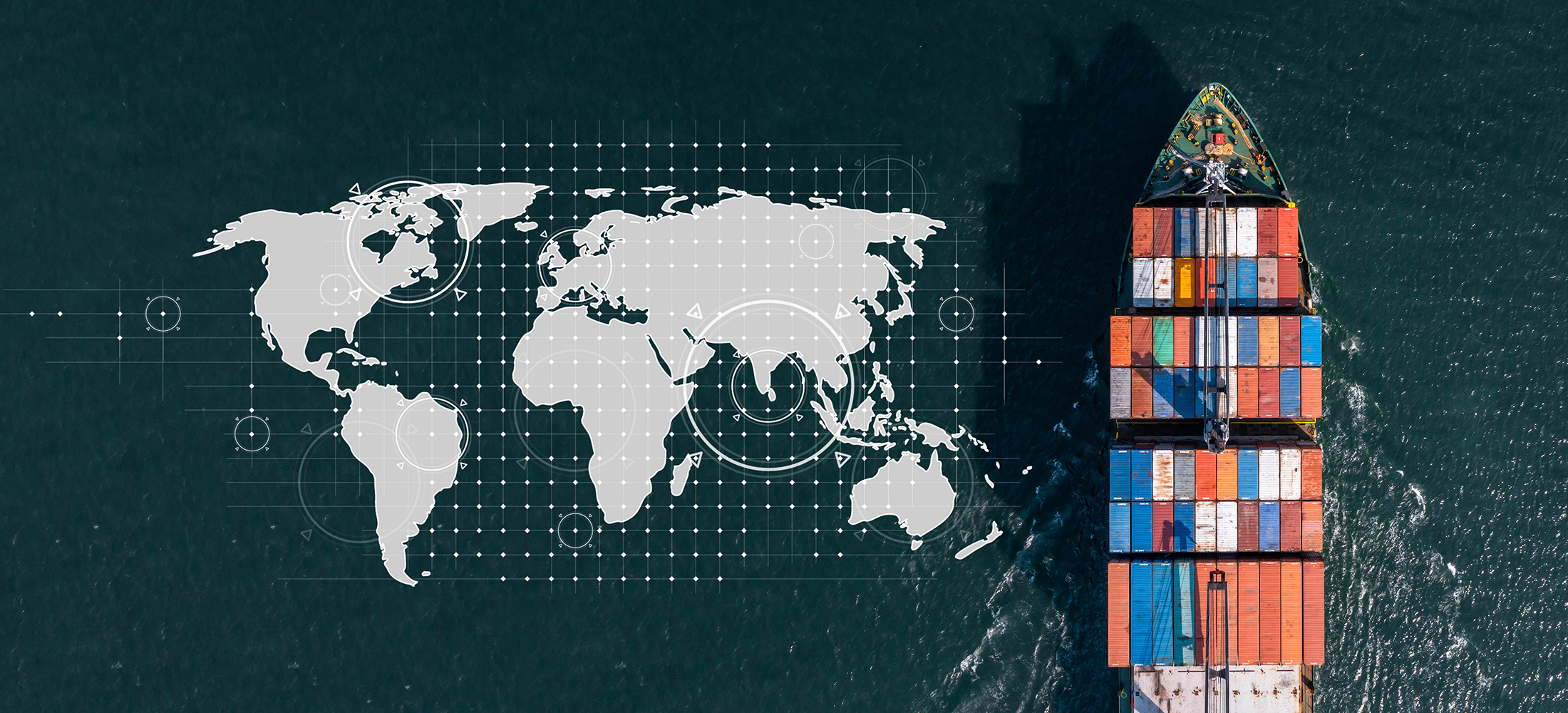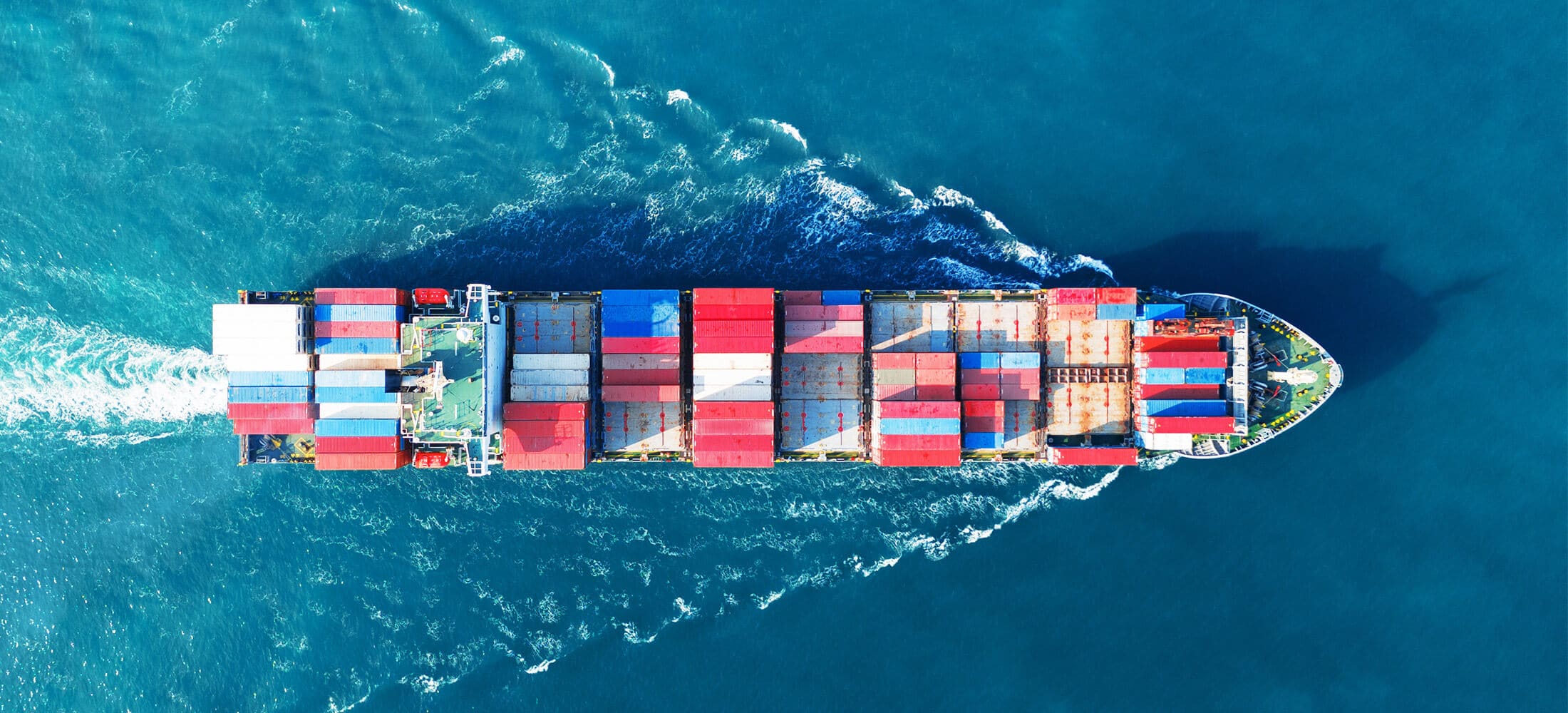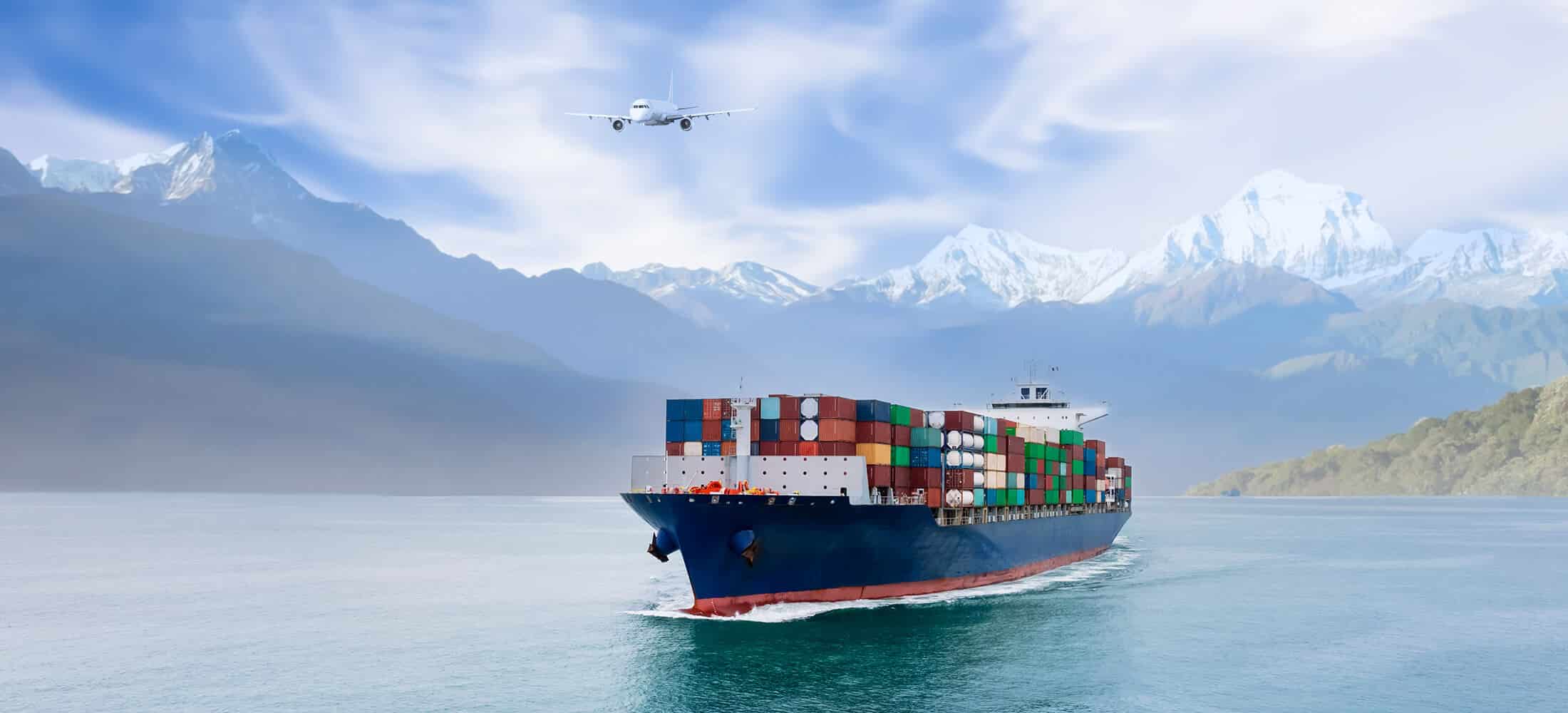Shipping is the backbone of global trade, facilitating the movement of goods and commodities across the world’s oceans. The economic impact of shipping on global trade is profound, influencing economies, markets, and international relations. Here’s an in-depth look at this impact:
Facilitating International Trade
Shipping connects countries and continents, enabling the exchange of goods on a scale that other modes of transportation cannot match. Over 80% of global trade by volume and more than 70% by value is carried by sea, highlighting the critical role of shipping in international commerce.
Maritime transport is the most cost-effective way to move large quantities of goods over long distances. The economies of scale achieved by large container ships significantly reduce the cost per unit of goods transported, making products more affordable for consumers worldwide.
Economic Contributions
The shipping industry contributes significantly to the GDP of many countries, particularly those with major ports and shipbuilding industries. It also provides millions of jobs, from seafarers and dockworkers to shipbuilders and maritime service providers.
Shipping supports a wide range of ancillary industries, including shipbuilding, port operations, logistics, maritime insurance, and legal services. The economic activity generated by these industries further boosts local and national economies.
Impact on Supply Chains
Shipping is a critical component of global supply chains, enabling the efficient movement of raw materials, components, and finished products. Reliable shipping services ensure the smooth functioning of supply chains, which is essential for industries such as manufacturing, retail, and agriculture.
Many industries rely on just-in-time delivery to minimise inventory costs and improve efficiency. The predictability and reliability of shipping schedules are crucial for maintaining these lean supply chain practices.
Trade Imbalances and Economic Dependencies
Countries with large export-oriented industries, such as China, Japan, and Germany, heavily depend on shipping to reach global markets. The efficiency and capacity of maritime transport directly influence their economic performance.
Conversely, countries that rely on imports for essential goods, including energy, food, and consumer products, depend on shipping for their economic stability and growth. Disruptions in shipping can lead to supply shortages and economic instability.
Key maritime trade routes, such as the Suez Canal, the Panama Canal, and the Strait of Malacca, are vital for global trade. Control over these routes has significant geopolitical implications, as they can influence trade flows and economic power.
Shipping routes can become focal points for geopolitical tensions. Territorial disputes, piracy, and blockades can disrupt shipping lanes, affecting global trade and economic stability. Countries with strategic ports or control over vital chokepoints can exert considerable influence over global trade dynamics.
Technological Advancements
Technological advancements in shipping, such as the use of automated container terminals, advanced navigation systems, and IoT-enabled tracking, have significantly improved operational efficiency. These innovations reduce costs, increase reliability, and enhance the competitiveness of maritime transport.
The shipping industry is investing in green technologies and practices to reduce its environmental footprint. Innovations such as LNG-powered vessels, electric ships, and advanced hull designs aim to decrease emissions and improve fuel efficiency, aligning with global sustainability goals.
The economic impact of shipping on global trade is immense and multifaceted. It facilitates international trade, supports global supply chains, contributes significantly to GDP and employment, and influences geopolitical dynamics. As the industry continues to evolve with technological advancements and sustainability initiatives, its role in shaping the global economy will only grow. Understanding and leveraging the benefits of efficient and reliable shipping are crucial for continued economic growth and stability worldwide.
If you would like to discuss this further please contact us to arrange a consultation with one of our experts.









